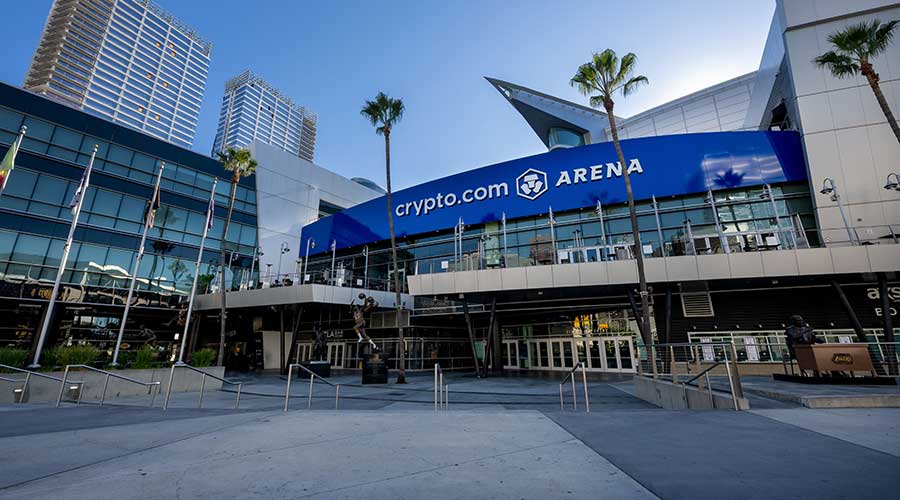Senate Approves New Energy Bill
A bipartisan, energy-efficiency-focused energy bill was adopted this week, minus tax incentives for consumers and commercial energy efficiency that had been approved by the Senate's Finance Committee.
A bipartisan, energy-efficiency-focused energy bill was adopted this week, minus tax incentives for consumers and commercial energy efficiency that had been approved by the Senate's Finance Committee.
The Alliance to Save Energy (ASE) expressed disappointment that the tax incentives were left out.
“Consumers need relief from spiraling energy prices, and the measure adopted by the Senate is a significant first step in providing that relief,” says Kateri Callahan, ASE president. “The Senate’s action begins to move us from a ‘dig and drill’-powered economy to one fueled by innovation and sustainable energy resources.”
Key energy-efficiency provisions include: appliance standards, permanent authorization of Energy Savings Performance Contracts (an innovative financing tool for upgrading the energy efficiency of federal buildings) and other measures to increase energy efficiency in federal buildings, oil-saving targets for federal and state vehicle fleets, and improved energy efficiency in commercial buildings.
The Alliance estimates that the provisions for increased energy efficiency in federal buildings, combined with provisions for federally-insured mortgages, would save about 10 billion kilowatt-hours (kwh). And if the commercial buildings initiative were fully funded, it could result in savings of 5 quadrillion btu in 2020, about 5 percent of all energy use and 25 percent of commercial building energy use. The new appliance standards will save about 40 billion kwh in 2020, which represents about 1 percent of all U.S. electricity use, according to the American Council for an Energy-Efficient Economy.
Regarding the tax incentives for energy efficiency – largely extensions of those in the Energy Policy Act of 2005, Callahan said, “We call on senators concerned about our nation’s energy security and the health of our environment to reconsider and adopt the Senate Finance Committee’s tax incentives to help consumers, developers, and building owners make their properties more energy efficient and to encourage appliance manufacturers to make more energy-efficient products.”
Callahan also called on members of the House of Representatives to pass energy legislation expeditiously so that a bill can be sent to the president for signature as soon as possible.
H.R. 6, the CLEAN Energy Act of 2007, would also increase Corporate Average Fuel Economy, or CAFE, standards from the current 25 miles per gallon for passenger cars, light trucks, and SUVs to 35 mpg by 2020. According to the Union of Concerned Scientists, the new standards would curb U.S. oil consumption by 1.2 million barrels per day in 2020 (more than 10 percent of the oil used by all cars and light trucks) and reduce greenhouse gas emissions by the equivalent of taking 30 million cars off the road.
Related Topics:











